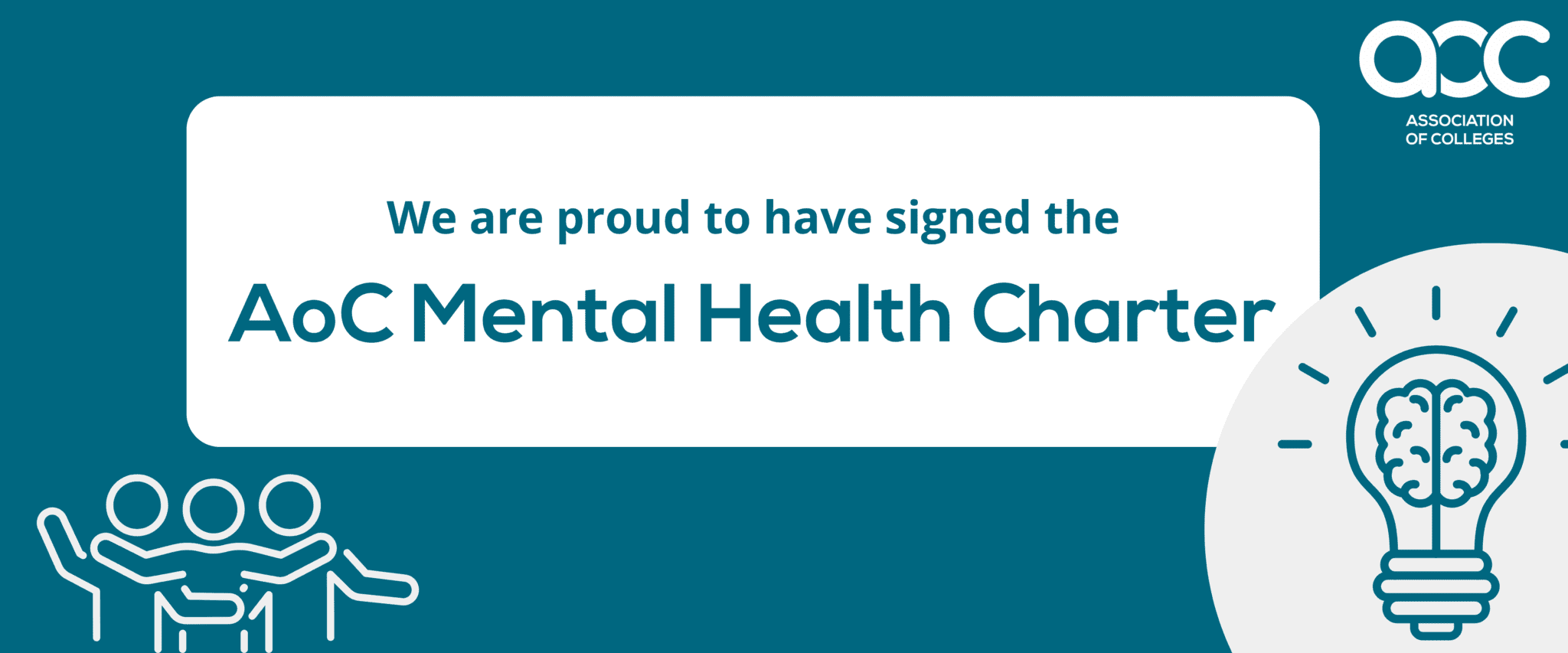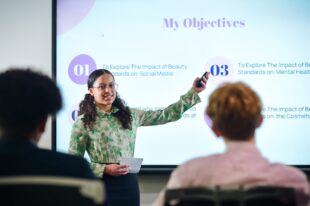WELCOME TO CTK AQUINAS
CTK Aquinas is a selective A Level centre for excellence, offering a wide range of A Level courses aimed at high achieving students. Located in Brockley with excellent transport links, CTK Aquinas students are high achieving and are not afraid to aspire to be extraordinary and they will encourage you to do the same.
READ MORE





VIDEOS
BE EXTRAORDINARY AT OUR SELECTIVE A LEVEL CENTRE FOR EXCELLENCE
-
#1BE WITH THE
BRIGHTEST -
#2BE THE BEST
-
#3BE PREPARED
TO STRIVE -
#4BE
SUCCESSFUL -
#5BE
AMBITIOUS
-
Trevor AQUINAS Progressed to: University of Lancaster Course: A Level Business, ICT and English Language and Literature
“My tutors at CTK were fundamental in my academic success. They were always approachable and willing to go the extra mile. I enjoyed taking part in extracurricular activities, including leading the sixth form band and being Director of the Business Enterprise Group, Student Governor and Student Head of Hall. ”
-
Bradley AQUINAS Progressed to: University of Nottingham Course: A Levels Maths A*, Physics A* and Chemistry A*
“At Christ the King I discovered I was resilient. My teachers really pushed me to be my best, I am in their debt, thank you for believing in me.”
-
Rose AQUINAS Progressed to: The University of Warwick Course: A Level History A, Politics A, Sociology A*
“CTK was a great environment for me to learn in. I’ve really enjoyed the teaching – all my teachers have been encouraging and supportive. They put in the extra time to help with workshops and revision to ensure we did well.”
-
Owen AQUINAS Progressed to: Royal Holloway University Course: A Level Maths A, Psychology B and Biology A
“I would recommend coming to CTK as the level of support offered by the subject teachers is exceptionally good. The best thing about CTK is being part of the friendliest group of students I've ever met. I'm applying to Oxford to study Psychology. ”
-
Esosa AQUINAS Progressed to: De Montfort University Course: A Level Biology, Chemistry and Maths
“My form tutor at CTK was exceptionally supportive every day. I value the freedom and independence of controlling my own learning, staying motivated whilst also having fun. The and people and sense of community provide a great environment. I have enjoyed extra opportunities such as joining summer schools and widening participation programs and becoming a student governor. I received lots of help from the careers guidance counsellor to help me realise what I want to do after sixth form. ”







Sprules Road
Brockley
London SE4 2NL
aquinas@ctksfc.ac.uk




